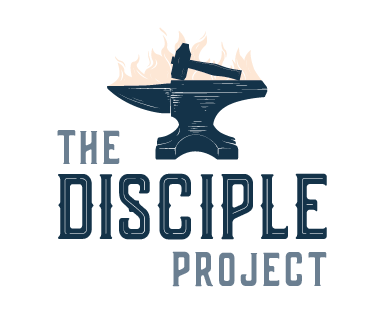If you liked this episode of Youth Ministry in Motion, head over to Sound Cloud or iTunes and subscribe to get more help in building a successful youth ministry. If you really liked this episode, feel free to leave some stars and a review.
To get more youth ministry resources in your inbox, sign up here.
I had the pleasure of sitting down with Danielle Blevins for a conversation on Justice, Race and Youth Ministry.
Danielle graduated summa cum laude with a B.A. in Communications in Broadcast News from the University of Alabama. In 2012, Danielle graduated from the highly-ranked University of Alabama School of Law with her Juris Doctorate.
She is a collaborator in the non-profit I Am A Reconciler
But more than that, she is a former student of mine and a woman of color. We’ve had many conversations over the years about politics, faith and life which makes her the perfect guest for today’s show.
I asked her to be on the show because she knows a thing or two about youth ministry, she was one of my leaders, and she knows what it takes to raise up a Micah 6:8 generation.
Our hope today is to equip you with ideas and principles about equality in youth ministry, not just as temporary way to deal with the current high tensions, but to adopt them as DNA of your ministry.
Sadly, this most likely will not be the last case of racism and inequality in our country and youth pastors and youth ministries need to have a response when injustice occurs whether locally or nationally.
Because we spoke for around 40 minutes, I have given you Danielle’s answer to the first question. I have listed our other questions below, so be sure to listen to the podcast to hear the amazing advice she gives to youth pastors.
Let’s jump into the conversation.
What can youth pastors do, internally, to create more empathetic believers?
Danielle:
There’s always going to be something (racial inequality) happening in our world and its not just about having the rich answers at the right time, but being conscious of being in your youth ministry. What are they going through in light of these events. How do you connect with them.
I don’t think you can make people be empathetic but the youth worker can do their homework to find out how we (America) got here so as to better undestand the times in which we live.
Knowing why we have black churches and white churches meet separately.
Knowing why we had a period of slavery (taken from Colonialism)
If we are not versed in this as leaders, there is no way we can help students understand. Youth workers must do some uncomfortable reading and be informed (resource list at the bottom)
It starts with empowering students to identify injustices and what to about it. This will look different for every youth ministry.
Other Questions We Cover
What should youth pastors do if they and their pastor disagree on how the youth ministry should respond to injustice?
What should youth pastors do, individually, to be the example to students, of what justice and racial equality looks like?
What can youth groups do externally, and collectively, to promote racial equality?
You can reach Danielle @scotusdani on both Twitter and Instagram
and @iamareconciler on Twitter and Instagram
If you’re interested in finding out more about your own attitudes towards racism, take the Project Implicit Test
Resources
